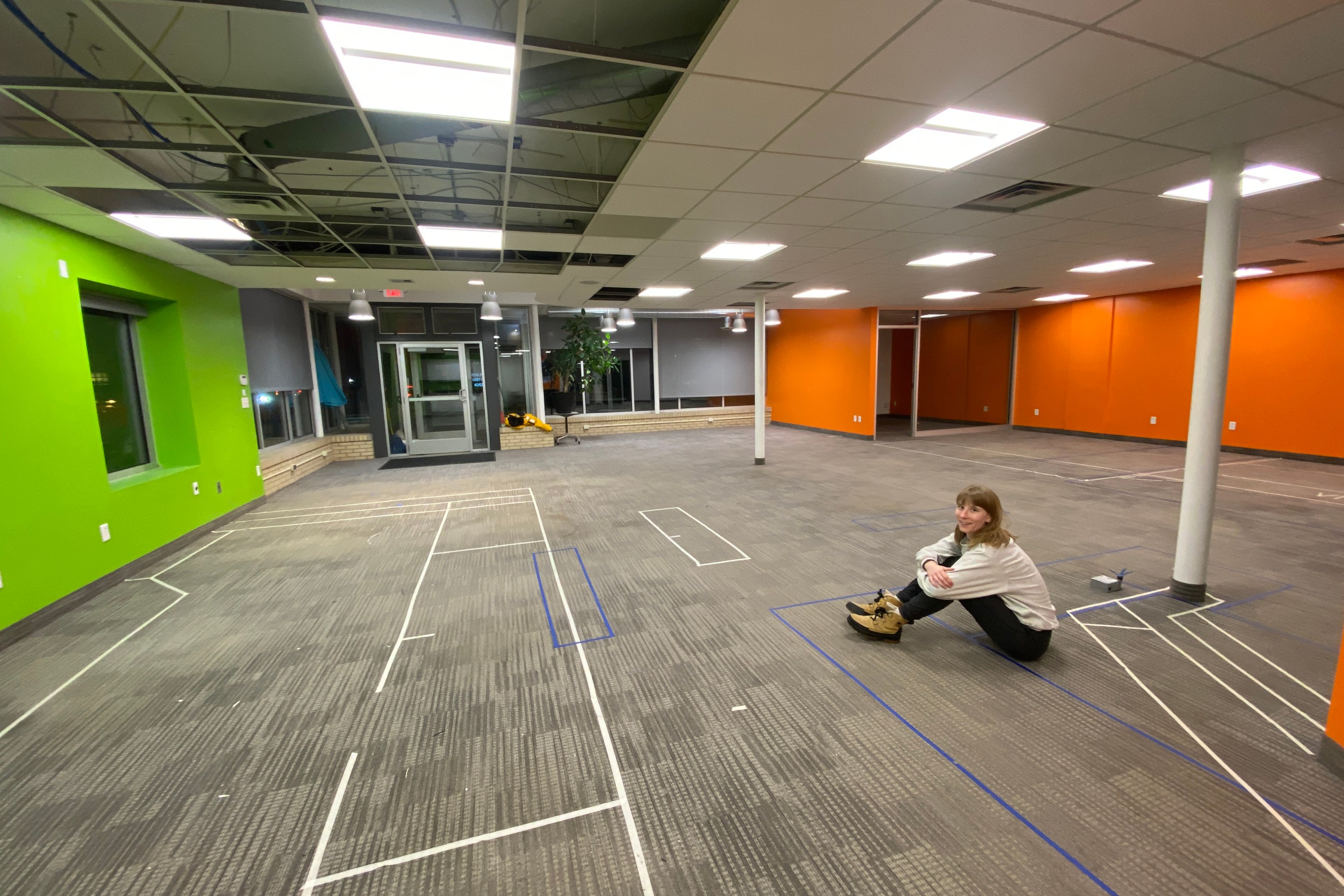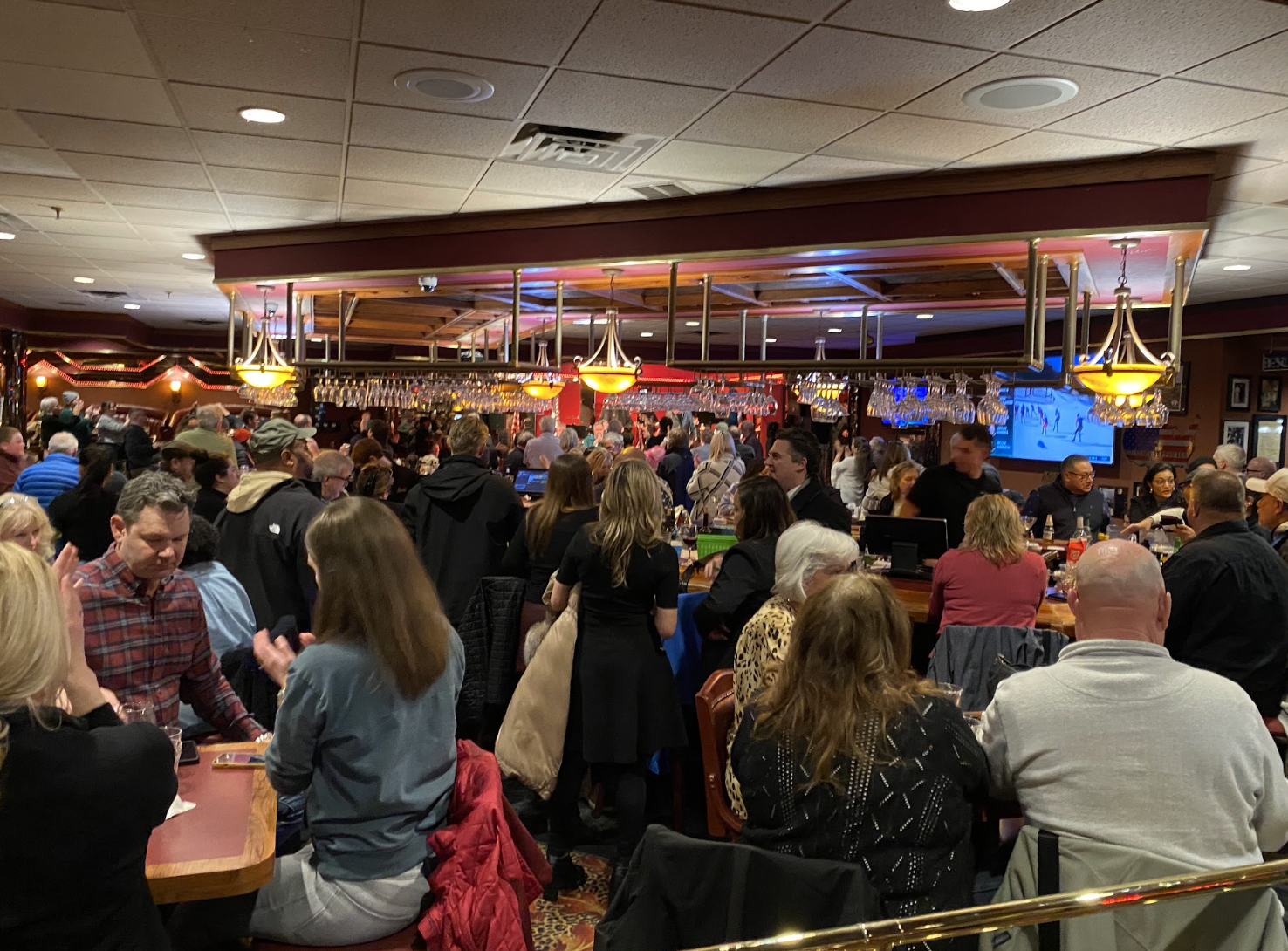As a recent Racket Open Thread pointed out, most of us hold on to too many things. Sometimes our too many things include truly unique possessions, such as the rare 19th century peacock automaton listed as part of a St. Paul estate sale at 641 Summit Ave., running from this Friday through Sunday.
Not all estate sales offer small-scale mechanical moving models of exotic birds, but estate sales aren’t just for chi-chi collectors of oddball colonialist curiosities. Estate sales are also for thrift-seekers and conscientious consumers who reject self-assembled particle board furniture and temper their materialism by buying used goods instead of new.
Racket spoke with Jonathan Campbell of Minneapolis-based H&B Gallery, the company presenting this weekend's Summit Avenue sale, about the peacock and general estate sale shopping tips. No matter where you fall on the spectrum of secondhand shoppers, this guide will help you make the most of other people’s excess stuff.
What is an estate sale?
Estate sales are held inside a home for a two- to four-day period, liquidating the home’s possessions. They're open to the public, and unlike auctions, prices are set. Sales sometimes occur after a death, or because homeowners are downsizing. “We get a lot of that with larger homes, and the scale of their stuff won’t fit into their new place,” Campbell says.
Bonus: For real estate looky-loos, estate sales offer a more hardcore experience than open house browsing. Staged homes on the MLS are like corpses displayed in coffins, dressed up in church clothes and mortuary makeup. Estate sale homes are like cadavers on examination tables, splayed open, guts out for educational inspection. Ask discreetly and you may be able to find out pre-MLS information about the home itself.
How do you find estate sales?
Browsing EstateSales.net yields lists of cutesy alliterative sale titles like Digger’s Delight in Blaine or Pretty Things in Plymouth, sortable by date and location. Serious shoppers can add themselves to dealers’ email lists. According to Campbell, H&B Gallery has an upcoming private sale that’s already generating buzz among its regular clientele.
How much does this stuff cost?
You have to go in person to find out.
“We don’t give out any values before an estate sale is presented,” Campbell explains, adding that estate sale prices are generally trending up, which he attributes to a growing segment of shoppers. “You have younger people that are more green than ever. It really is the original green business, the recycling of goods.”
But estate sale prices still rival big-box discount retailers. “They can get unique stuff for the same price you can go to Target for,” Campbell adds.
Most estate sale companies mark down prices on subsequent days of sales, with some exceptions—H&B Gallery never discounts sterling silver. On a sale’s second day, H&B Gallery offers 15% off items over $100 and 25% off items under $100. Shoppers can expect deeper discounts on third and fourth days.
Shoppers can also proffer bids. Just ask any estate sale staff member and they’ll help you submit an offer, if bids are being considered.
What happens the day of the sale?
To nab something specific—like, say, a mechanical peacock—you need to arrive early. Estate sale staff members distribute numbers to early bird shoppers, who line up outside the sale before it opens. For the Summit Avenue sale, Campbell plans to let in around 20-25 people at first.
You need a slip? Is what estate sale staff will ask the moment you handle an item. For large items, they’ll slap a SOLD stick upon it, then handwrite the item and price on your sales slip. This lets you lay claim to items while you continue to shop; the slip doesn’t actually obligate you to buy.
Set a budget, especially if you’re an impulse shopper. Estate sales are return-free, high-regret-opportunity zones. (I, for example, once spent a stupid $75 on a two-foot tall, bright yellow, wooden carved tiger with water-damaged paws).
I bought something amazing. Now what?
For large items, estate sale staff can’t help move them. You’ll need to make arrangements to return later, or shop with a strong friend. Should you purchase any type of fiber or fabric, do not take it home! Instead, go immediately to a dry cleaner for down or feather-stuffed items and vintage clothing, or a shop like Keljiks for wool rugs, or an upholsterer like Harriann’s for furniture with good bones but trashed upholstery.
What happens to the unsold items?
H&B Gallery can consign anything that doesn’t sell at its large retail space in Uptown.
“When I starting working for H&B Gallery 27 years ago, we were in less than 1,000 square feet," Campbell says. "We’ve moved ourselves up to over 15,000 square feet. And if you gave me fifteen more thousand square feet I’d fill that up. There’s a lot in the Cities that I wish I didn’t have to say ‘no’ to.”
How about that peacock?
“I can say that it’s going to be top dollar... it is a nice 19th century French automaton," Campbell says. "This one does work, it does move. It is in its original box. It doesn’t have an original key but I’m getting one for it. It is ‘as is.’ There are a few feathers that are missing but they can be replaced... I would say it’s in a very fine condition.”






